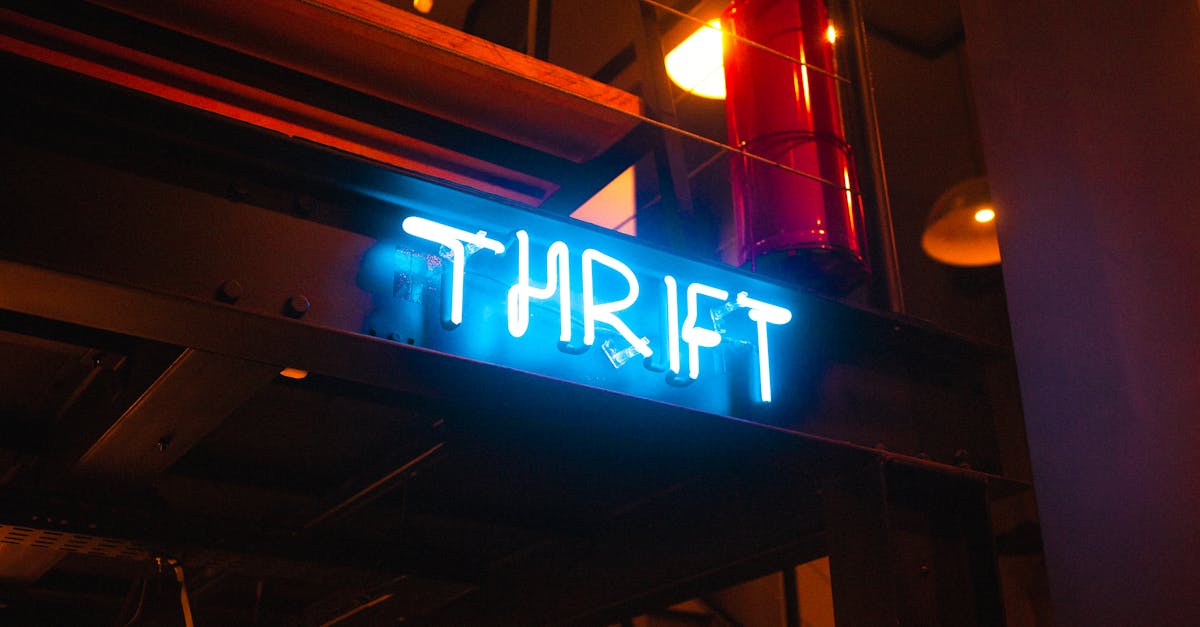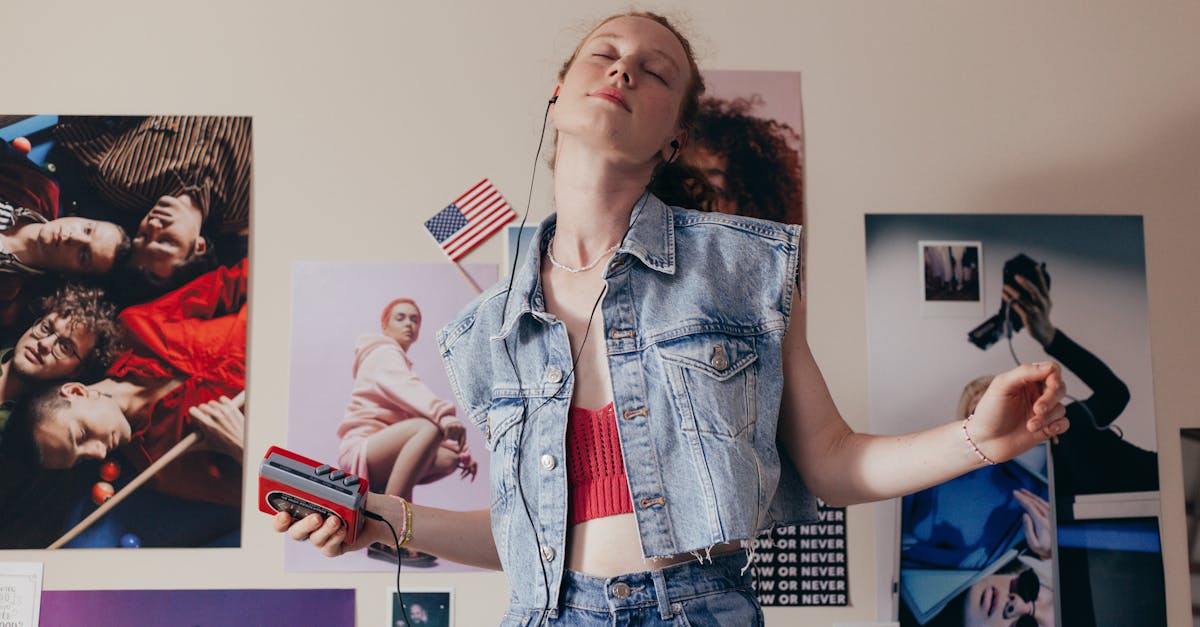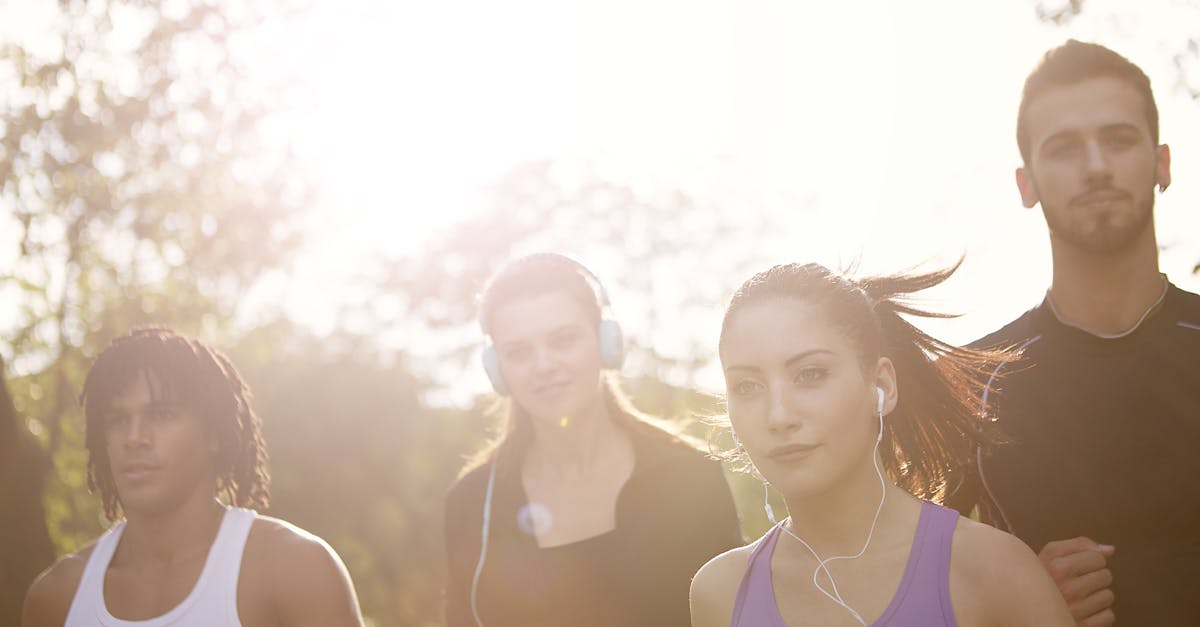Celebrity Skincare Lines Dominate Beauty Market
Introduction
The beauty industry is undergoing a seismic shift as A-list celebrities transition from brand ambassadors to skincare moguls. No longer content with simply endorsing products, stars like Rihanna (Fenty Skin), Hailey Bieber (Rhode), and Selena Gomez (Rare Beauty) are launching their own skincare lines, leveraging their fame, personal stories, and marketing prowess to dominate the market.
This phenomenon isn’t just about slapping a famous name on a moisturizer—it’s a calculated blend of influence, authenticity, and scientific innovation. Consumers are no longer satisfied with traditional beauty ads; they want real, relatable skincare journeys backed by celebrity credibility.
But what’s driving this boom? How do celebrity skincare brands maintain consumer trust, and what makes them different from traditional beauty lines? This deep dive explores how Hollywood’s elite are rewriting the rules of skincare—and why their brands are here to stay.
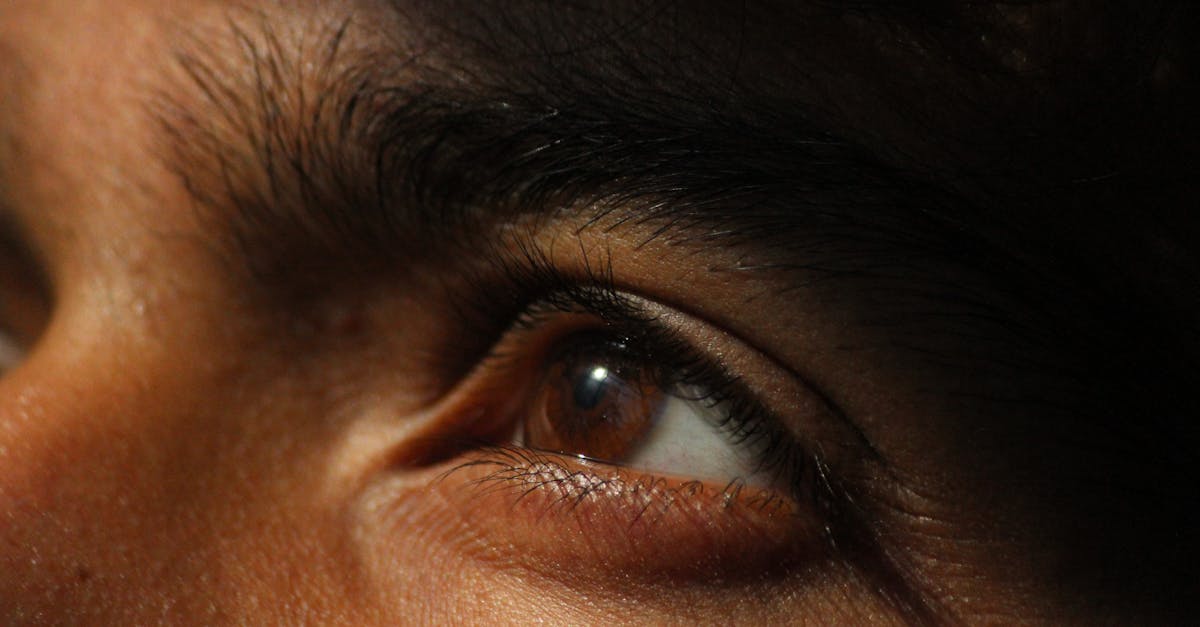
Advertisement
Influencer Beauty's Impact
Celebrities have always set beauty trends—think Marilyn Monroe’s red lips or Jennifer Lopez’s glowing complexion. But today, stars are taking it a step further by creating their own product lines rather than just being the face of a brand.
Rihanna’s Fenty Skin disrupted the market with its inclusive approach, offering products for all skin tones and types.
Hailey Bieber’s Rhode focuses on minimalist, "skinimalism" routines, capitalizing on the "clean girl" aesthetic.
Selena Gomez’s Rare Beauty emphasizes mental health, tying skincare to self-care—a message that resonates deeply with Gen Z.
Social Media: The Ultimate Beauty Megaphone
With millions of followers, celebrities can instantly amplify their skincare launches. A single Instagram post or TikTok video can generate millions in sales overnight.
Kylie Skin’s viral TikTok challenges (like the #KylieSkinRoutine trend) turned her products into must-haves.
Hyram Yarbro (a skincare influencer turned collaborator) partnered with Paula’s Choice, proving that influencer-backed brands can rival celebrity lines.
Unlike traditional brands that rely on paid ads, celebrity skincare lines thrive on organic, word-of-mouth hype—making them feel more authentic.
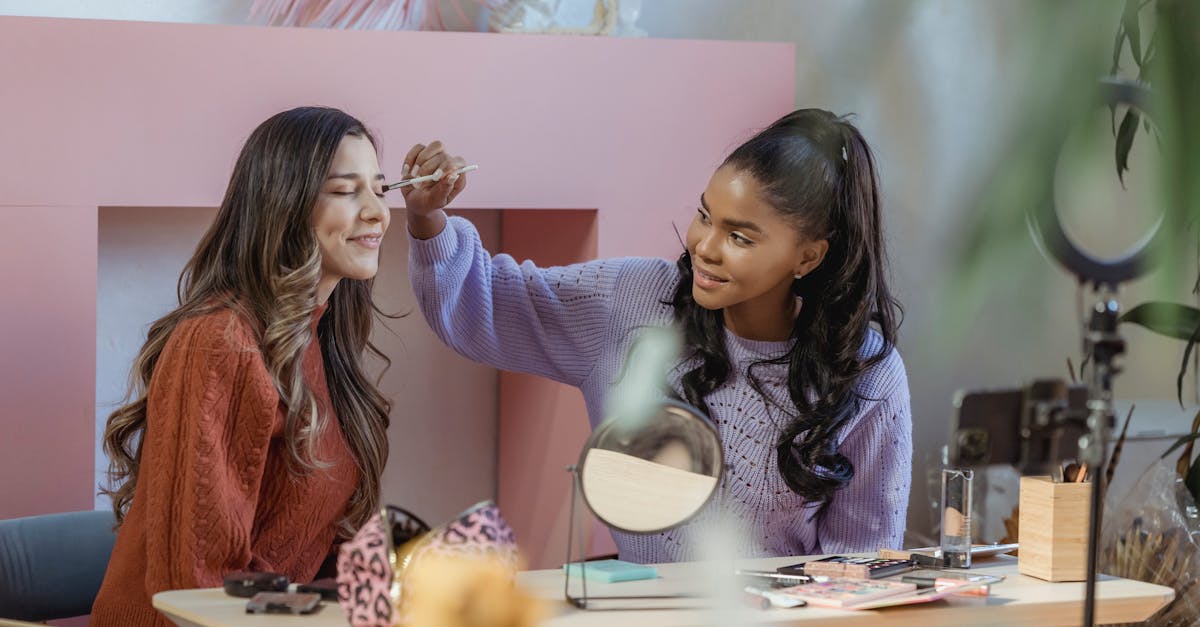
Advertisement
Trust and Authenticity
Consumers trust celebrity skincare because they believe the stars actually use their own products. When Jennifer Lopez claims her JLo Beauty serum is her secret to ageless skin, fans are more inclined to believe her than a generic ad.
Demi Moore’s Stripes focuses on perimenopause skincare, sharing her personal struggles with aging—making the brand feel deeply personal.
Miranda Kerr’s KORA Organics touts her longtime passion for clean beauty, reinforcing authenticity.
Transparency & Honesty Build Loyalty
Celebrities who open up about their skin struggles create emotional connections with fans.
Alicia Keys’ Keys Soulcare promotes bare-faced beauty, aligning with her no-makeup movement.
Brad Pitt’s Le Domaine (a gender-neutral skincare line) addresses men’s skincare stigma, making the brand feel revolutionary.
When stars share unfiltered skin journeys (acne, rosacea, aging), it makes their products feel more trustworthy than traditional luxury brands.
Advertisement
The Allure of Personal Stories
Skincare as a Narrative, Not Just a Product
Celebrity skincare brands don’t just sell moisturizers—they sell stories.
Lady Gaga’s Haus Labs started as makeup but expanded into skincare, emphasizing self-expression and artistry.
Victoria Beckham’s VB Beauty reflects her luxe, high-fashion aesthetic, appealing to mature women seeking elegant skincare.
These narratives make the products feel exclusive—like you’re buying into a celebrity’s personal beauty secrets.
The "Glow Like Me" Effect
Fans don’t just want skincare—they want the celebrity’s glow.
Kim Kardashian’s SKKN BY KIM promises her contour-perfect skin, leveraging her beauty empire’s reputation.
Beyoncé’s rumored haircare line (expected in 2025) will likely sell out instantly because fans want her iconic hair secrets.
This aspirational marketing is far more powerful than traditional beauty ads.
Advertisement
Market Appeal and Accessibility
From Sephora to TikTok Shop: Everywhere at Once
Celebrity skincare lines don’t struggle for shelf space—they secure prime retail partnerships instantly.
Fenty Skin launched in Sephora globally, ensuring instant visibility.
Rhode’s viral peptide lip treatment sold out in hours, thanks to direct e-commerce buzz.
Price Points That Work
Unlike luxury brands (La Mer, Sisley), celebrity skincare is often mid-range, making it accessible:
Rare Beauty’s
20
−
20−50 range appeals to millennials and Gen Z.
The Ordinary’s collaboration with Naomi Campbell kept prices affordable while leveraging her star power.
This democratic pricing ensures mass appeal.
Advertisement
Innovation in Skincare
Celebrity Brands Backed by Real Dermatologists
Gone are the days of empty celebrity endorsements—today’s star-backed skincare is scientifically validated.
Dr. Barbara Sturm’s collaborations with Hollywood A-listers blend medical expertise with celebrity influence.
Dr. Dennis Gross x Hailey Bieber brought professional-grade peels to mainstream audiences.
Next-Level Ingredients & Tech
Celebrity brands are pushing skincare science forward:
Fenty Skin’s antioxidant-rich formulations
JLo Beauty’s olive complex (inspired by her "olive oil baths" rumor)
Gwyneth Paltrow’s Goop Glow—a blend of adaptogens and CBD
These innovations make celebrity skincare more than just a marketing gimmick.
Advertisement
Broad Demographic Reach
These skincare lines cater to diverse demographics, appealing to loyal fans of varying ages, genders, and ethnicities. Celebrities frequently emphasize inclusivity in skincare lines, offering a range of products suitable for multiple skin types and conditions, thus broadening their market reach.
Advertisement
A Perfect Blend of Influence and Expertise
Celebrity brands seamlessly blend personal influence with scientific expertise. Collaborations with renowned skincare experts and dermatologists ensure that products are not only glamorous but effective. This dual assurance attracts a discerning consumer base keen on quality, trust, and results.
Advertisement
Shaping Beauty Trends
What’s Next? AI, Customization & Metaverse Beauty
AI-powered skincare consultations (like an app where a virtual Scarlett Johansson analyzes your skin).
NFT-backed beauty products (limited-edition digital collectibles tied to physical skincare).
Metaverse pop-up stores where fans can "try" celebrity skincare in virtual reality.
Sustainability & Ethical Beauty
Future celebrity brands will likely focus on:
Refillable packaging (like Rhode’s minimalist approach)
Vegan, cruelty-free certifications
Carbon-neutral production
Advertisement
Conclusion
Celebrity skincare lines are not a trend—they’re a new industry standard. By combining influence, authenticity, and real science, these brands have redefined what consumers expect from beauty products.
As more stars enter the market (Zendaya, Timothée Chalamet, and even athletes like Serena Williams), one thing is clear: The future of skincare is celebrity-backed, socially driven, and innovation-focused.
For traditional beauty brands, the message is clear—adapt or get left behind.
Advertisement
